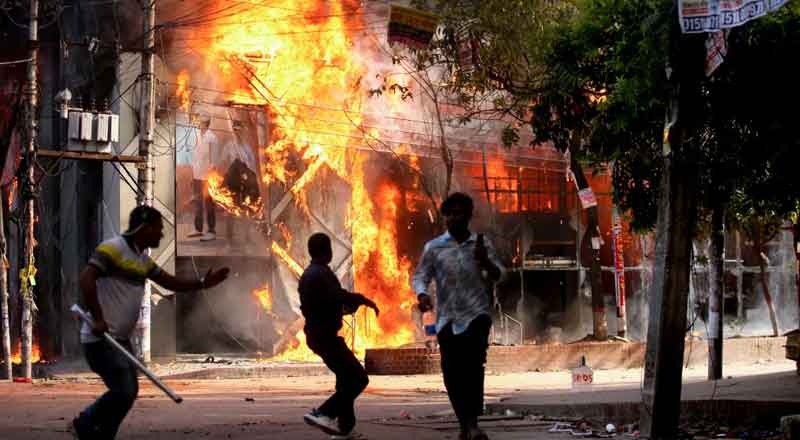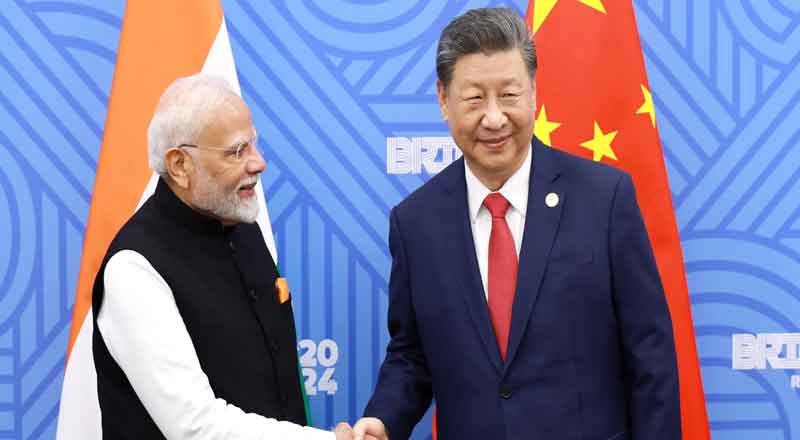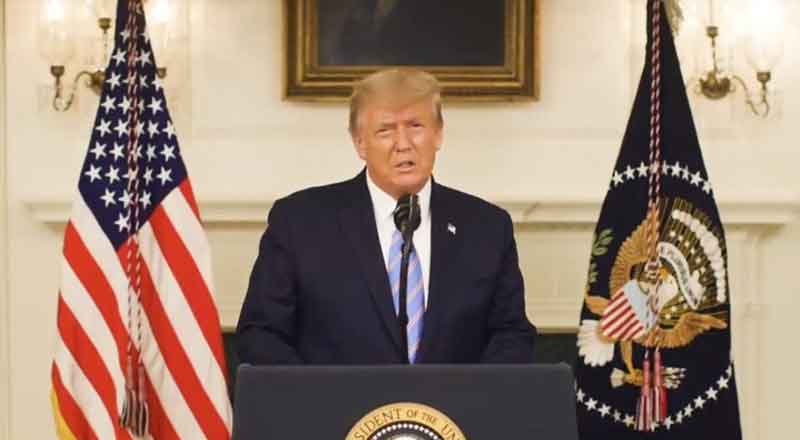At least 98 people were killed and hundreds injured in Bangladesh on Sunday as police used tear gas and rubber bullets to disperse tens of thousands demanding the resignation of Prime Minister Sheikh Hasina. This violence marks one of the deadliest days in Bangladesh’s recent history of civil unrest, surpassing the 67 deaths reported on July 19 during student protests against the government job quota system.
Sheikh Hasina’s Biggest Test
In the two separate terms and 20 years that she has been the Prime Minister of Bangladesh, the ongoing protests that have resulted in over 300 deaths represent perhaps Sheikh Hasina’s biggest challenge. The 76-year-old has resigned and fled Gonobhaban, the palatial residence of the Bangladeshi Prime Minister, while protesters stormed its premises.
The Roots of the Unrest
The protests, which began late last month, escalated dramatically when student activists at Dhaka University, the largest in the country, clashed violently with police and pro-government counter-protesters. The roots of these protests lie in a controversial quota system that reserves up to 30 percent of government jobs for family members of veterans from Bangladesh’s 1971 war of independence against Pakistan.
Protesters argue that this system is discriminatory and favors supporters of Prime Minister Hasina’s Awami League party. They advocate for a merit-based system to replace the existing quota.
Historical Context
The quota system, established in 1972 and briefly abolished in 2018 before being reinstated, has been a persistent source of contention. Critics claim it unfairly benefits Awami League supporters and limits opportunities for other qualified candidates. Prime Minister Hasina’s public remarks further inflamed the situation, leading to intensified protests.
Broader Anti-Government Movement
The protests have evolved beyond the quota issue into a broader anti-government movement, drawing support from diverse sections of society, including film stars, musicians, and even garment manufacturers. Rap songs and social media campaigns have amplified the calls for Hasina’s resignation.
Prime Minister Hasina, who has ruled since 2009 and secured a fourth consecutive term in January through elections boycotted by the main opposition Bangladesh Nationalist Party, faces accusations of entrenching power through state institutions and suppressing dissent. The recent violence highlights the growing dissatisfaction and demands for change among the Bangladeshi populace.
Rapid Escalation
The protesting students have announced a “March To Dhaka” program today. Houses of public representatives, 20 Awami League offices, police stations, and other government installations were attacked, vandalized, and torched in 39 districts. Clashes between protesters and leaders of the Awami League and its associate organizations were reported in several districts. Residences and offices of ruling party ministers, state ministers, parliamentarians, and Awami League leaders were vandalized in at least 14 different locations.





